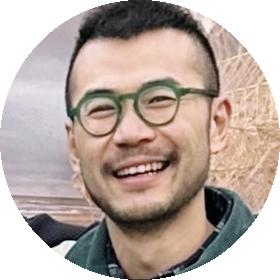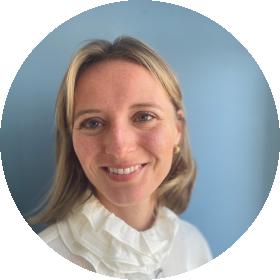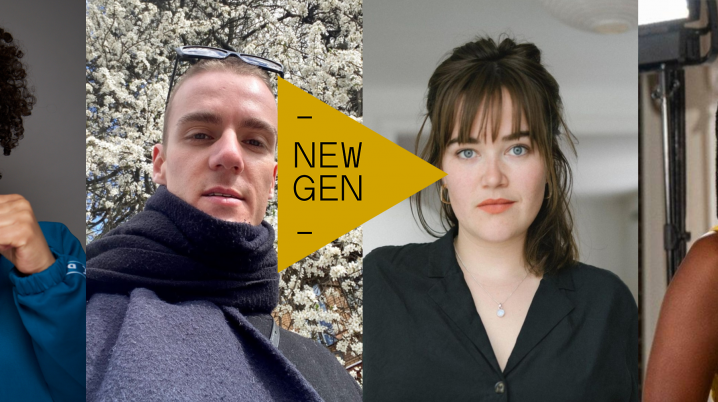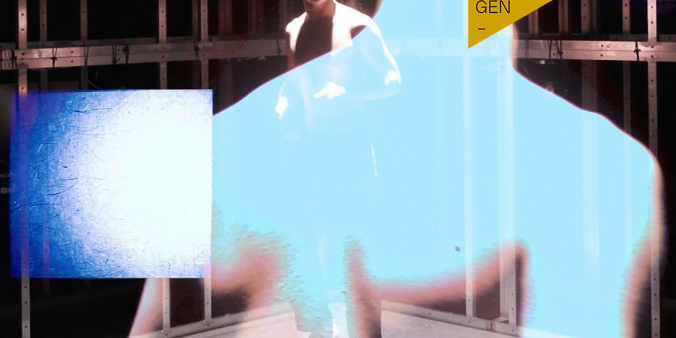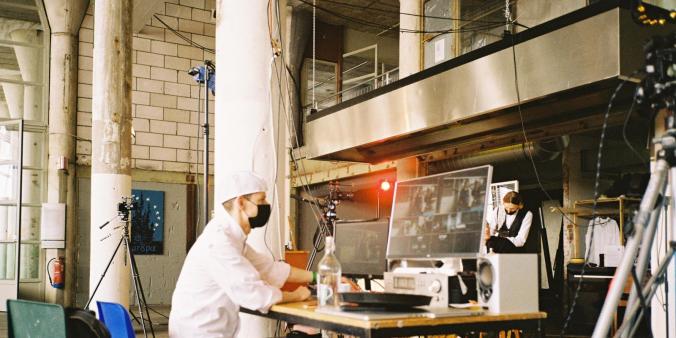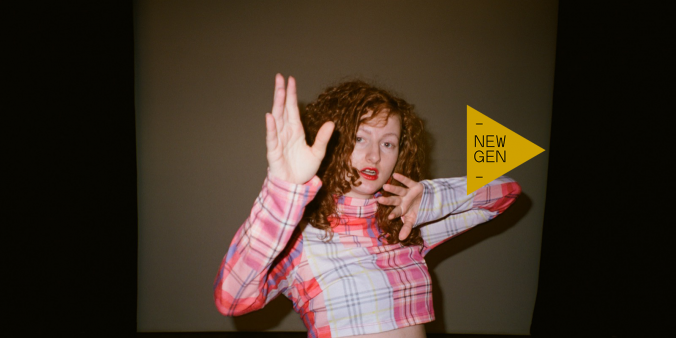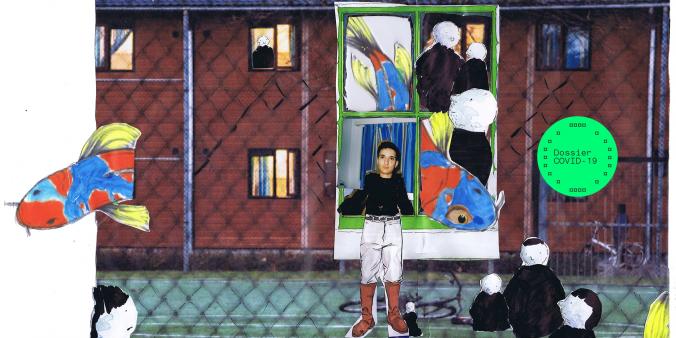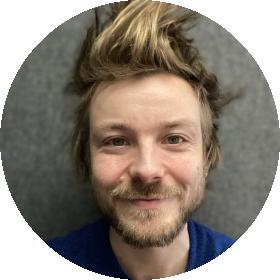
On 2 July 2021, DutchCulture invited four young artists - Roziena Salihu, Tobias Groot, Lisette Ma Neza and Zindzi Zwietering - to the office for an informal meet-up in light of the newly developed New Generations theme. With New Generations, we aim to capture stories from young Dutch makers who are finding their way in international projects. We talk to these dream chasers, trailblazers, movers and shakers, because we believe that this generation of artists combines - more than ever - the skills and drive to create meaningful cultural exchange that transcends borders. We aim to learn from them by highlighting their stories and elevate their outlook on society, collaborations and working internationally by making articles, programmes and portraits.
Jasper van den Berg, researcher at Company New Heroes and all-round independent creative producer, is DutchCulture's trusted accomplice in this process and moderated this first conversation. We sat together with Jasper and the four artists and we were honoured to get to know this talented, honest, and ambitious group. The article below captures and highlights some of the most relevant themes addressed. To read more on each of their profiles, have a look at their bios in more detail on the event page.
DIY and collaborations
Thanks to the near-universal availability of knowledge on the internet, this generation could be characterized as being more self-taught than ever before. Skilled at working solo, navigating and surfing between different disciplines, finding audiences and learning new skills wherever they can be picked up - it's the 21st-century idea of a flexible, but individual approach. While this may be one part of the story, the importance of connections with others and being a skilful collaborator can't be understated. We wanted to know how the artists go about striking partnerships, networking and protecting their own process.
All four invited artists seemed to have a spring in their step and a sense of confidence when it comes to working on their own terms, each in their distinct way. This self-made attitude is perhaps most strongly embodied by Amsterdam-based Roziena Salihu, whose work seems to escape easy definition: “People tend to panic when I try to explain them all the different things I do. They often think that it’s impossible to do things well if you do so many things. But there is a common denominator, I’m a storyteller. It’s just that each time the medium is different.”
And she has the record to show for it – while never finishing any type of ‘formal’ academy or education after high school – she carried on and basically designed her own study track, learning by doing in several artistic genres. She joined the Poetry Circle, created the VPRO Dorst production FUFU met Appelmoes under the wings of young filmmaker Leon Veenendaal and followed the #nieuwestukken programme by Dutch Performing Arts.
Recently, Roziena created the interview series de Bagagedrager for 3voor12, establishing herself as a strong interviewer, among many other skills: “In my work, I like to mix spoken word with visual imagery to create new forms; I really love this interdisciplinary way of working.” But doing all these things requires a distinct mentality too: “Standing up for yourself, believing in yourself and sometimes bluffing your way through it. They asked me at the VPRO: Would you like to co-direct and edit that and do the voice-over? ‘Yeah! all of those please!’ And I really feel I can do these things now and I'll take that confidence with me to the next gig.”
While Roziena is yet to move towards a big international next step, having been awarded a scholarship to study at a New York film school, documentary photographer Zindzi Zwietering already has a few international projects under her belt. Her work focuses on climate emergencies manifesting in various urban contexts across the world, and it wasn’t without overcoming challenges or taking risks either that she realized her project ‘Bron’ in South Africa, documenting a so-called Day Zero of massive drought in South Africa. She acted quite intuitively to travel there, solo, after reading about this event in the newspaper.

Upon arriving, she relied on making contacts in South Africa, interviewing people and networking “quite intuitively.” This way, she quickly got in touch with a movie location recce (another word for scout), who at times literally helped her open doors to the places she wanted to document. “Networking for me can also just be a conversation in the street or at a party. For me, there’s the part of networking that’s about approaching institutions – which takes more time and always has this more indirect effect – and the part that I did when I was in South Africa, openly talking about my plan and directly thinking of what we can do today or tomorrow. While this was a great experience, I actually would have benefited if I had more contacts or knew more organizations like DutchCulture beforehand.”
Slam poet Lisette Ma Neza tuned in on video call from Brussels. While introducing herself, she managed to bridge any potential distance between her and the other makers by performing one of her most personal stories, a poetic multilingual exploration of her own situation as a Black European girl in Brussels as well as her Rwandan family’s history. After an impressive 5 min- poetry performance, the room of artists in Amsterdam clapped and cheered, upon which Jasper wondered: “Do people always applaud when you introduce yourself?” She replied prosaically: “No, but, I just introduced myself with a poem.”
Lisette had moved to Brussels to study at the LUCA film school some years ago, but soon also found her way in the local spoken word and music scene, not lingering long before taking the stage herself. She now is known mostly as a musically gifted improviser and slam poet. Her way of networking and reaching out to collaborators also has a certain fluidity and attention to the moment, congruent with the way she speaks and performs. She needs to know if there is a mutual understanding or a spark of inspiration before starting a collaboration. “I kind of need this moment in which you can make a connection with someone. That’s why someone or some institution proposes a collaboration by e-mail, I can be hesitant; I don’t know who these people are, what if I don’t like them?”
When talking about a DIY mentality and working on your own terms, Berlin-based Tobias Groot has a unique angle shaped by the combination of his relationship to sex and the technical dimensions of his art. His work focuses on the quest for and consumption of sexual contact in times of online dating, as he explains: “Looking for intimacy through a dating site has shaped my view of sex. My personal projects are very much about that.” While he followed the photography track at the Rietveld academy, Tobias claims “he hardly ever picked up a camera during that time,” as his work is entirely digital.
Consequently, his process is also quite technical, and it does not really entail a lot of moments for cooperation with other makers. This makes Tobias quite careful about working together with other artists: “Even when there should be music accompanying a certain work, I tend to make it myself. Hearing all of you speak about making artistic connections with others is inspiring but also a bit frightening to me.” Zindzi agrees: “I find this terrifying, too, I like to keep control over what I’m creating. Only recently I started to work together with a writer – but I do enjoy it greatly - it really adds to my process.”
Home and away
With two of the artists - Tobias and Lisette - based outside of the Netherlands, the conversation continued on the significance of their hometown. What does the place they work mean to them, professionally and personally? And is it increasingly important for artists to be connected to your city, or even neighbourhood?
Tobias only relocated to Berlin recently and already exhibited at a gallery called Das Institut fur alles Mögliche. He tells: “I moved to Berlin quite consciously, for career-oriented reasons, but it’s also this sort of playground where more things are possible, art is more accessible and it’s generally more affordable. On the other hand, I maybe was a bit too comfortable in Amsterdam, so I wanted to break from this comfort zone to be able to grow.”
The opposite may be true for Lisette, who grew up in a small village near Breda and, as she mentioned in her opening performance - In Brussel ben ik Lisette - suggesting her sense of comfort in Brussels and the city’s importance to her: “Here, it just doesn’t really matter where you come from. Especially if you compare it to where I grew up. I was never really from there, even if it was all I knew. In Brussels, it disappears very much for me - so much so that I feel that I can hear my own name when I introduce myself. Because I have the feeling that there is a collective non-belonging that makes everyone belong here equally.”
Identity
To Lisette, Brussels surely forms a vibrant home ground, a cultural melting pot and plenty of opportunities for her as an artist. But as women of colour, both Lisette and Roziena are wary of the intentions and expectations of some art institutions they may or may not work with. "This plays a role in Brussels, too," Lisette adds. "It can be because it's 'trendy' to involve people of colour. If it doesn't feel right, I won't do it. Sometimes they openly say: we're looking for some diversity, of course." Tobias reacts in disbelief: "Oh, wow."
Born to a Ghanaian father and a Dutch mother, Roziena experiences this unease too, but tends to be open about it: "I often ask them quite directly: are you approaching me just because I'm a woman of colour? And even when they say no, which they typically do, they have to know that I'm aware of it. As Lisette said so well before, you need common ground and find shared values before deciding you work with someone or some organisation." Lisette: "I'm quite careful with places where you might be the first person of colour to ever perform there. But I never ask it directly, and I actually quite like Roziena's approach."
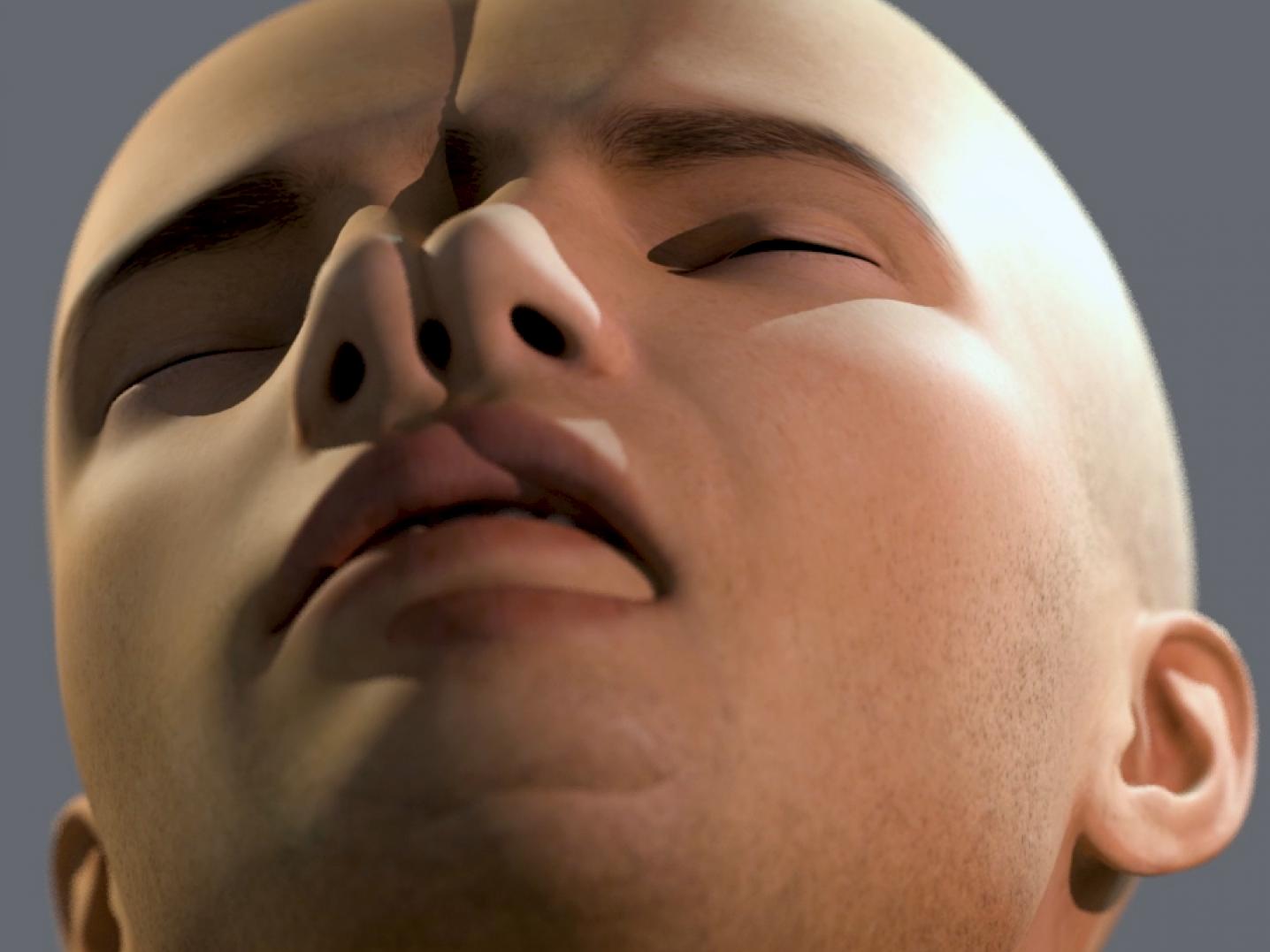
We asked whether identity as a theme is especially important to them and their peers. Roziena: "I think identity and belonging are definitely big themes for this generation - they certainly are central to me and my work. But I also wonder whether this was always the case somehow, or whether we've just become more vocal." Zindzi: "I think we're more aware of our own role as artists, compared to... well, your average boomer. As a white woman, I know that I can't touch upon certain subjects."
Tobias: "When writing my thesis, my supervisor kept telling me that my work is so important to the plight of the queer community, as it all had to do with the liberations of the queer body in his view. Yet, I didn't want to be categorized that way and didn't feel that my work as an individual artist should belong to any particular bracket. I was quite fearful of that. Yet, now, when I look at my work I feel he was right all along." Later, somewhat more contemplative: "In these times, we can do so many things and learn many things - we have a seemingly endless sea of options, perhaps that's why people tend to focus strongly on their own identities and their communities."
Local vs. International
In this changing world, DutchCulture's bread and butter is promoting international work. But what does that to mean artists nowadays? How do the artists regard their own international steps? All of them seem to seek it in some shape or form, so do they consider this a necessity in order to grow? Zindzi: "the coronacrisis really got me thinking as all travel came to a halt. As an 'environmental artist' I don't want to be flying all over the world. I want it, but I feel a growing resistance. Whenever I'm travelling, it does work to re-define myself, but I don't know how to relate to this problem with the climate debate playing in the background."
Lisette adds: "It's true that it's quite easy for this generation, growing up in this time - as long as you have a European passport - to be travelling a lot and search for new possibilities abroad, but I don't think it's necessarily unique to them. I see so many peers in the Netherlands and Belgium in the spoken word scene who insist on working locally, and they're really more concerned with their relation to the city. I'd say that's quite unique to this time that artists can strive to achieve everything they want only in their local environment." The strong focus on the local rather than on the international, chimes with Maarten Doorman's essay on the translocality of the arts, written last year for DutchCulture's colloquium.
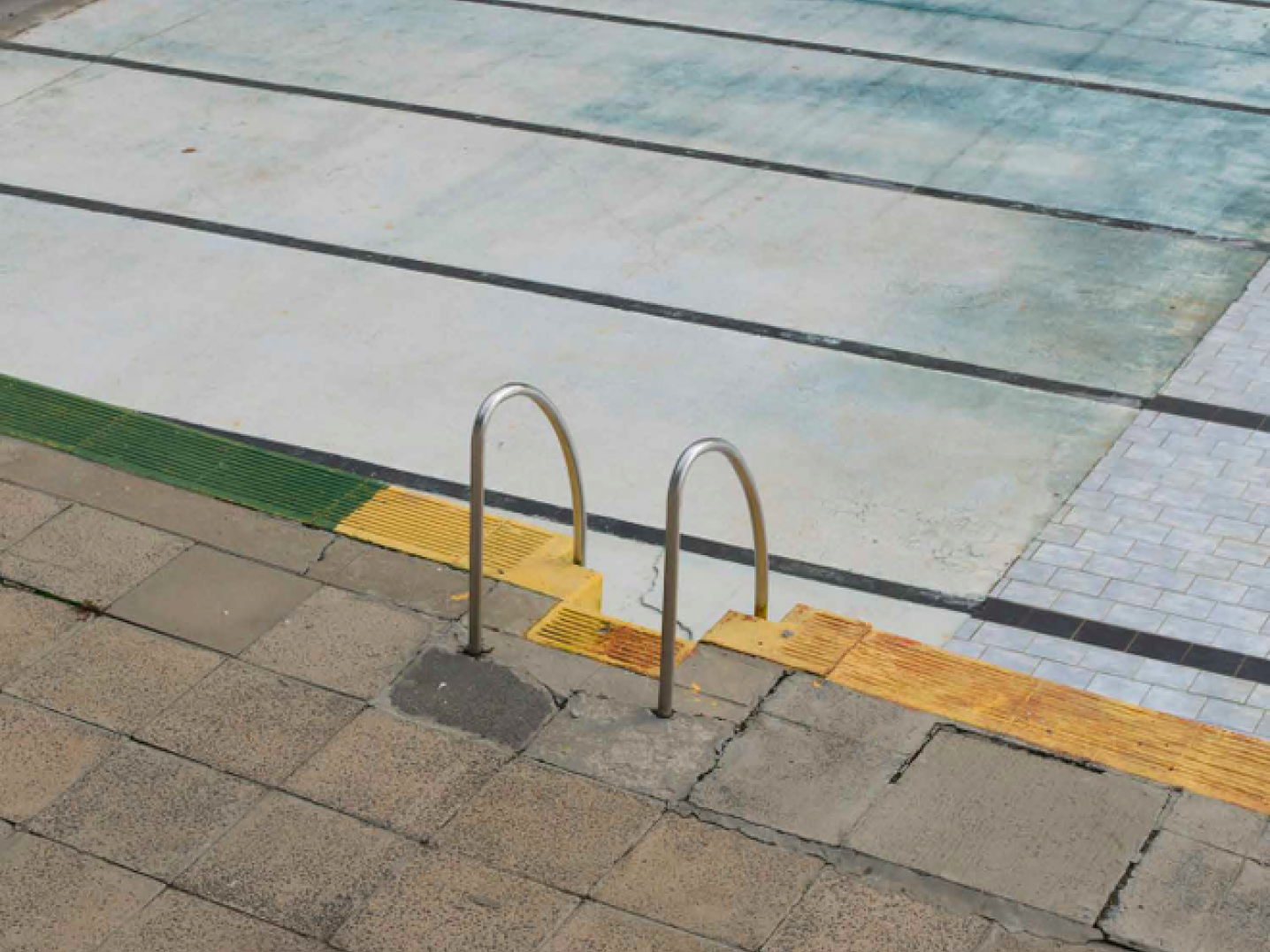
Lisette continues: "Even when I was travelling for poetry competitions, it felt more like me visiting, as some sort of special guest - and you could quickly see that they were very locally rooted places." Roziena reacts: "And sometimes it's really just the neighbourhood. I have a foundation with two of my best friends: we organize spoken word in Amsterdam-West and we're not going away from Amsterdam-West either. We organise evenings to discuss societal themes through the arts, for people that we know and who recognise us too. We tried to do this, one evening in Melkweg, but the people we initially made this programme for didn't go to this venue."
The old notion divide between the local and the global doesn't apply to this generation of makers. Their activities may take place in other parts of the world without losing their intrinsic bonds with the locality they belong to. Tobias: "I do feel that scenes have always been there, and they're super important to fall back on and to grow from. The local and international can go together that way."
DutchCulture, as well as the four artists and the moderator, look back on an inspirational and fruitful conversation. A promising start was made to learning about and discovering the stories and ambitions of these exciting artists. We'll be sure to hear more from them in the future, both near and far.
DutchCulture is keen to learn more about New Generations and will be spotlighting more young creatives on our news page. This autumn, our first public events featuring New Generations will be organised. Stay tuned via our newsletter, website and social media.
